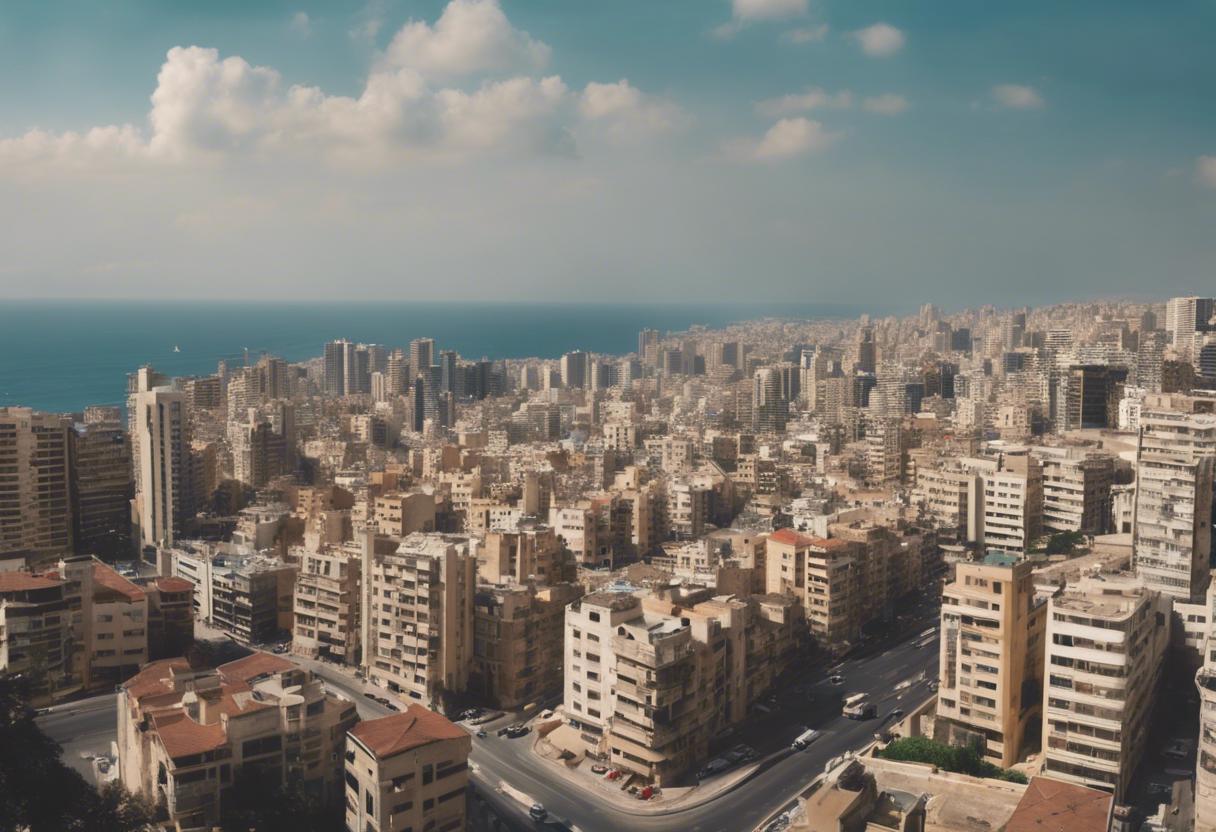On Tuesday, the Israeli Defence Forces (IDF) asserted that its combat objectives in Lebanon have been realised. With this military success, the Israeli government is now capable of driving forward a diplomatic strategy to conclude the ongoing conflict with its northern peer.
The IDF’s northern division stated that the vast majority of Hizbullah’s assets near the border connecting Lebanon and Israel have been dismantled. In addition, most of the militant’s weapons have either been seized by Israel or destroyed at the battleground. However, IDF noted that they still need to finish obliterating Hizbullah infrastructure located in certain villages, pledging to continue the combat until a final agreement is reached in Lebanon.
Simultaneously, Israel’s prominent newspaper, Yediot Aharonot, carried a report. It quoted reputable Israeli authorities, stating that the peace talks to conclude the war had reached a critical juncture. This positive report was published in contrast to Lebanese news outlets which claimed that the recent visit of the US special envoy Amos Hochstein to the region was unsuccessful in procuring a resolution.
The same Yediot Aharonot report suggested that Israel’s successful military activities against Hizbullah have promoted Lebanon and Iran’s willingness to reach a resolution, even if hostilities continue in Gaza.
According to the proposed resolution, reportedly under consideration, a 60-day period of adjustment will see both Hizbullah and Israel abide by a cease-fire. As part of this agreement, the Lebanese Armed Forces will be stationed in southern Lebanon and a framework for supervising the execution of the agreement will be contemplated.
The anticipated agreement, facilitated by the US and other nations, will include three key elements. Firstly, a comprehensive UN security council resolution 1701 will ensure that Hizbullah retains no military presence south of the Litani river. The Lebanese army is expected to deploy up to 10,000 battle-ready soldiers along Israel’s northern border. In addition, the UN’s interim force in Lebanon is expected to reinforce its numbers, potentially by introducing battalions from France, Britain, and Germany.
The second element of the agreement plans for the creation of an international supervisory and support structure. This will allow both factions to report violations. Lastly, plans are in place to prevent Hizbullah from acquiring new weaponry.
In accordance with the arrangement, Russia is expected to play an integral part in supervision and de-escalation efforts going forward. Meanwhile, Israel is still waiting for assurances from the United States, that there will be scope for military intervention, should Hizbullah breach the forthcoming agreement.
With a potential deal with Lebanon on the horizon, Israel anticipates the return of approximately 63,000 Northern Israel inhabitants who were displaced from their homes following the outbreak of Hizbullah’s rocket attacks, which commenced a day following the onset of the Gaza conflict on 7th October, 2023. Despite this, several residents have expressed their reluctance to return, regardless of any period of tranquility.
In an escalation of the Gaza conflict, over 2,700 individuals have lost their lives due to Israel’s attacks against Lebanon. A significant majority, two-thirds of the count, occurred within the past five weeks alone, coinciding with an enhancement in Israel’s bombing offensive. Just this past Monday, over 60 individuals were killed in a series of strikes in Lebanon’s Bekaa Valley, affecting a multitude of towns. For additional information, refer to Reuters.

